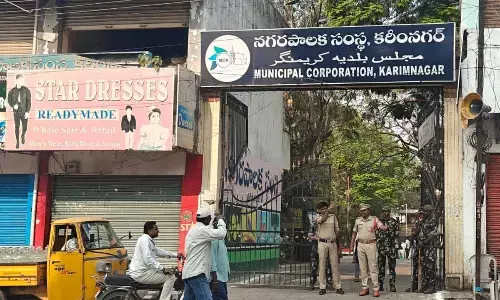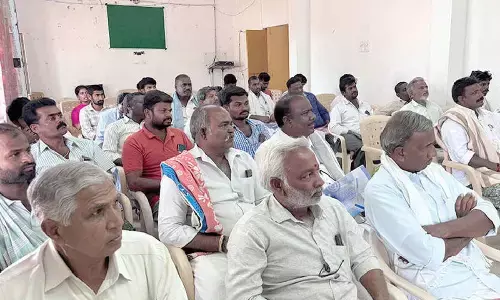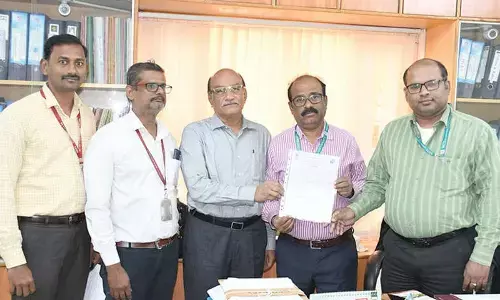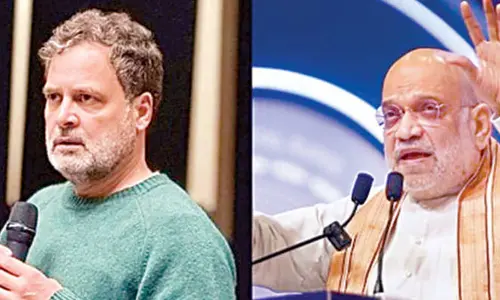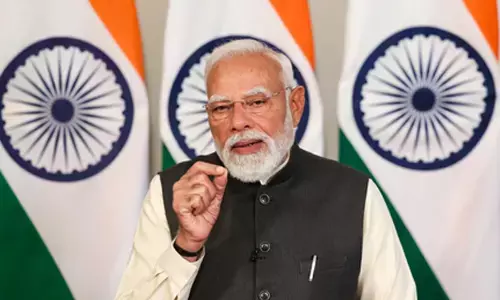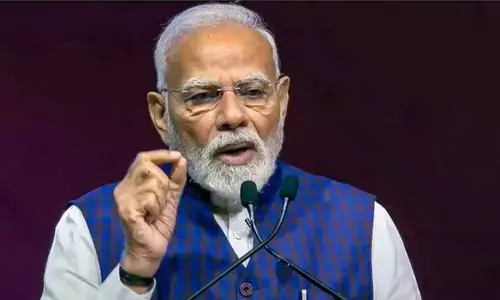80 per cent Indians with mental health issues don't seek treatment, say doctors
Share :

Eighty per cent of Indians with mental health issues do not seek treatment, doctors have said and cited lack of awareness, neglect and stigma as the reasons for this.
New Delhi: Eighty per cent of Indians with mental health issues do not seek treatment, doctors have said and cited lack of awareness, neglect and stigma as the reasons for this.
They stressed that awareness about physical as well as mental health should be an integral part of the education system to understand the broad spectrum of psychological issues and seek help in time.
There is a lack of awareness and understanding among people about mental health issues. So the condition often goes undiagnosed, Dr Nand Kumar, a professor in the Department of Psychiatry at AIIMS said. "Unless one realises that he or she is unwell or sick, how would they seek treatment? Often there is a huge gap between the time when symptoms are identified and treatment is initiated, thus aggravating the complexities," he said.
Mental health problems have a broad spectrum, ranging from insomnia, mild anxiety, and depression to severe mood disorders, obsession and psychosis, making it difficult for the patient to realise the exact problem or even identify if there is any, Dr Kumar stated. "Youths for a large chunk of people with mental health problems that often get wrongly identified as adolescent issues and are neglected," he said. Moreover, the fear of being labelled as mentally ill and the resultant discrimination often dissuade people from seeking treatment. Srishti Asthana, a psychologist, highlighted that the cost factor and the protracted time involved in the therapy also prevent people from seeking help.
"The treatment cost is quite high in the private sector while at government setups there is a lot of rush and people do not want to go through that inconvenience," said Asthana who was the chief coordinator of the mental health festival organised recently by Mental Health Foundation (India) along with AIIMS-Delhi and Deepak Chopra Foundation, USA. Another stumbling block in addressing mental health issues is the lack of availability of professionals. The number of psychiatrists has increased from 6,000 in 2016 to 9,000 in 2023. Simultaneously the number of psychologists has also increased. But the magnitude of mental health problems has also increased, Dr Kumar said. As per NCRB data, the number of suicides has spiked from around 1.3 lakh in 2016 to 1.64 lakh in 2021, he said. Mental health issues, particularly professional burnout, are not uncommon among doctors.
According to a recent study, approximately 80 per cent of medical professionals in big hospitals have varying degrees of burnout, including depression, which may also lead to suicide in some cases. Asthana said the issue of suicides, being reported more among students, might not get addressed just by increasing the number of psychologists and psychiatrists alone. Other measures such as promotion of social cohesion, enhanced physical and mental activity, and cultural integration may be important factors to enhance resilience, she said. Many youths suffer from adolescent depression, substance abuse, anxiety, insomnia, dependence on digital devices and other addictions which at times lead to suicide.
"We frequently see reports of suicides from Kota, a coaching hub for competitive exams, IITs, IIMs and medical institutes," she said, adding, "We need to have in place a comprehensive programme which focuses on creating awareness about mental health problems and ailments and how to prevent them." Mental health cannot be separated from physical health and cannot be dealt with in silos. Both are interconnected, Dr Kumar said and emphasised the need for developing a programme for raising awareness about the mind and body at school and college levels that can lead to early detection of mental health issues. "Discussions regarding comprehensive health are required so that children and teachers are sensitised. Teachers need to be trained to be able to detect and understand issues cropping up among students," he said, adding, "There is a need for integration of health and education to address the issues of mental health problems."

